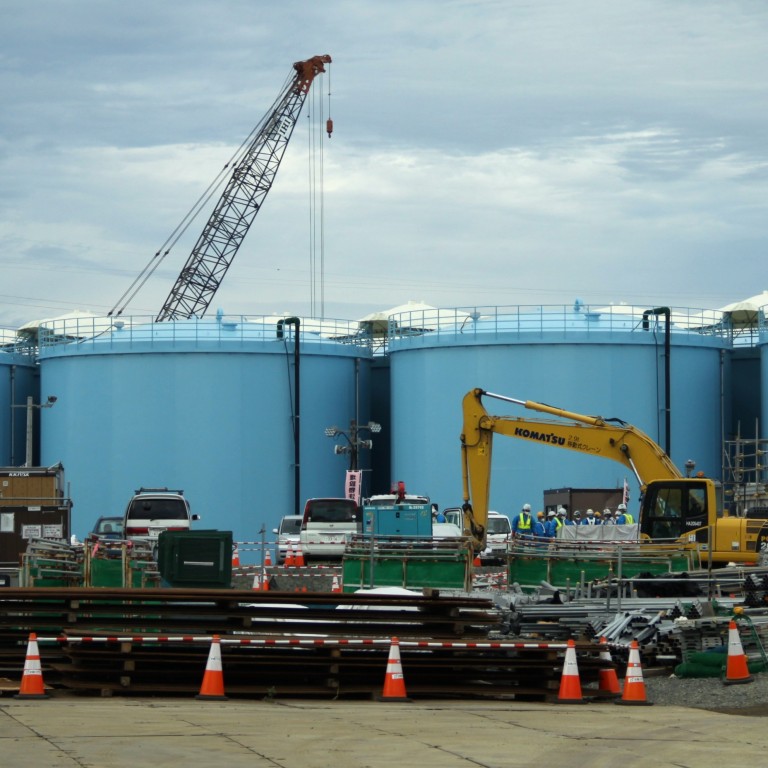
China summons Japanese ambassador over Fukushima water plan
- Assistant foreign minister Wu Jianghao lodges ‘solemn representations’ with ambassador Hideo Tarumi, accuses Japan of ‘suspected violation of international law’
- Tokyo’s decision to release more than 1 million tonnes of treated water from the nuclear plant into the ocean has prompted concern from neighbouring countries
Assistant foreign minister Wu Jianghao “lodged solemn representations” with ambassador Hideo Tarumi and accused Japan of “suspected violation of international law”, the Chinese foreign ministry said in a statement.
The Japanese government insists the release from the stricken plant which has stored the large volume of water for years is safe because it has been processed to remove almost all radioactive elements and will be diluted.
But the process – not likely to begin for several years – has already prompted concern from neighbouring countries and anger from fishing communities.
China criticised Tokyo’s decision as “extremely irresponsible” on Tuesday, complaining the plan would damage public health.
Wu on Thursday urged Japan to hold off from disposing of the waste water “before reaching a consensus with stakeholders and international organisations”, calling the decision “not what a modern civilised country should do”.
Around 1.25 million tonnes of water has accumulated in tanks at the nuclear plant, which was crippled after going into meltdown following a tsunami in 2011.
Did Japan ignore viable alternatives of dumping contaminated Fukushima water?
Japan’s Prime Minister Yoshihide Suga said that disposing of the water was an “inevitable task” in the decades-long process of decommissioning the nuclear plant.
The International Atomic Energy Agency (IAEA) has endorsed the release, which it says is similar to the disposal of waste water at nuclear plants elsewhere in the world.

.png?itok=arIb17P0)
